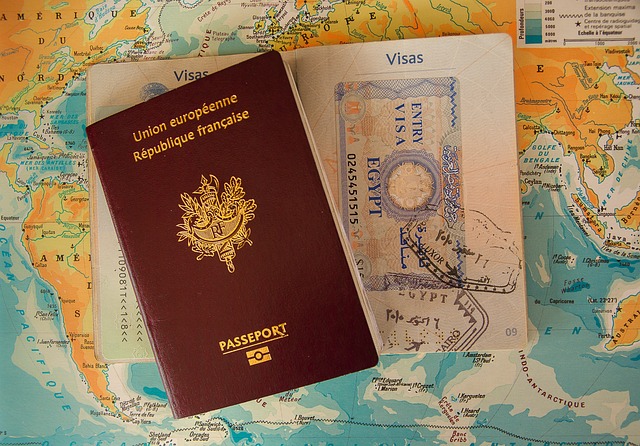Visa Procedures for Europe
Setting out on an adventure to explore the many landscapes and cultural treasures of Europe is a dream people hold dear. Realizing these European fantasies depends on an essential first step: understanding the complexities of the visa application process.
These fantasies include strolling through the charming streets of Paris, touring the historic ruins of Rome, or taking in the breathtaking Northern Lights in Scandinavia.
The intricate cultural fabric of Europe necessitates careful consideration when navigating visa regulations. Whether your ideal trip to Europe is to see the ethereal Northern Lights in Scandinavia, see the ancient ruins of Rome, or meander through the picturesque streets of Paris, making sense of the visa application process is an essential first step.
This information is essential to guarantee a smooth journey as you set off on an exploration of this fascinating and varied continent.
Schengen Area
One of the most significant aspects of European travel is the Schengen Area, a region comprising 27 European countries that have abolished passport control at their mutual borders, meaning a Schengen visa allows you to travel freely within these countries for a short stay of up to 90 days within 180 days.
The Schengen visa application process involves:
- Identifying the country of primary destination: Determine the country you plan to visit during your trip, as this will be the embassy or consulate where you submit your application.
- Application form: Fill out the Schengen visa application form, which is available on the official website of the embassy or consulate of the chosen Schengen country.
- Supporting documents: Gather necessary documents such as proof of accommodation, flight reservation, travel insurance, proof of financial means, and a detailed itinerary.
- Visa appointment: Schedule an appointment with the embassy or consulate to submit your application.
- Visa fee: Pay the required visa fee, which may vary depending on your age and the country.
National Visas
For those planning to stay in a European country for more than 90 days or for specific purposes such as work, study, or family reunification, a national visa is required. The application process for national visas varies from country to country, but some of the requirements include:
- Visa type: Choose the appropriate visa category based on your purpose of stay, such as work, study, or family reunion.
- Application form: Complete the national visa application form provided by the embassy or consulate.
- Supporting documents: Compile necessary documents such as a letter of admission from a university, an employment contract, or proof of a family relationship, along with other required documentation.
- Language requirements: Some countries may require proof of language proficiency, especially for work or study visas.
- Biometric data: Be prepared to provide biometric data, such as fingerprints, as part of the visa application process.
Changes and Updates
Visa policies are subject to change, so keeping up with any revisions or changes is necessary. For the most recent details on visa requirements and processes, check the official website of the embassy or consulate of the nation you intend to visit frequently.
Comprehending the visa requirements for Europe is essential for organizing a seamless and trouble-free trip. A seamless travel experience is guaranteed when you prepare well and adhere to the unique requirements of each nation, whether you are enjoying the romance of Western Europe or the cultural depth of Eastern Europe.
Prepare for your European journey by arming yourself with the knowledge necessary for the visa application process and setting out on an unforgettable journey throughout the continent.






